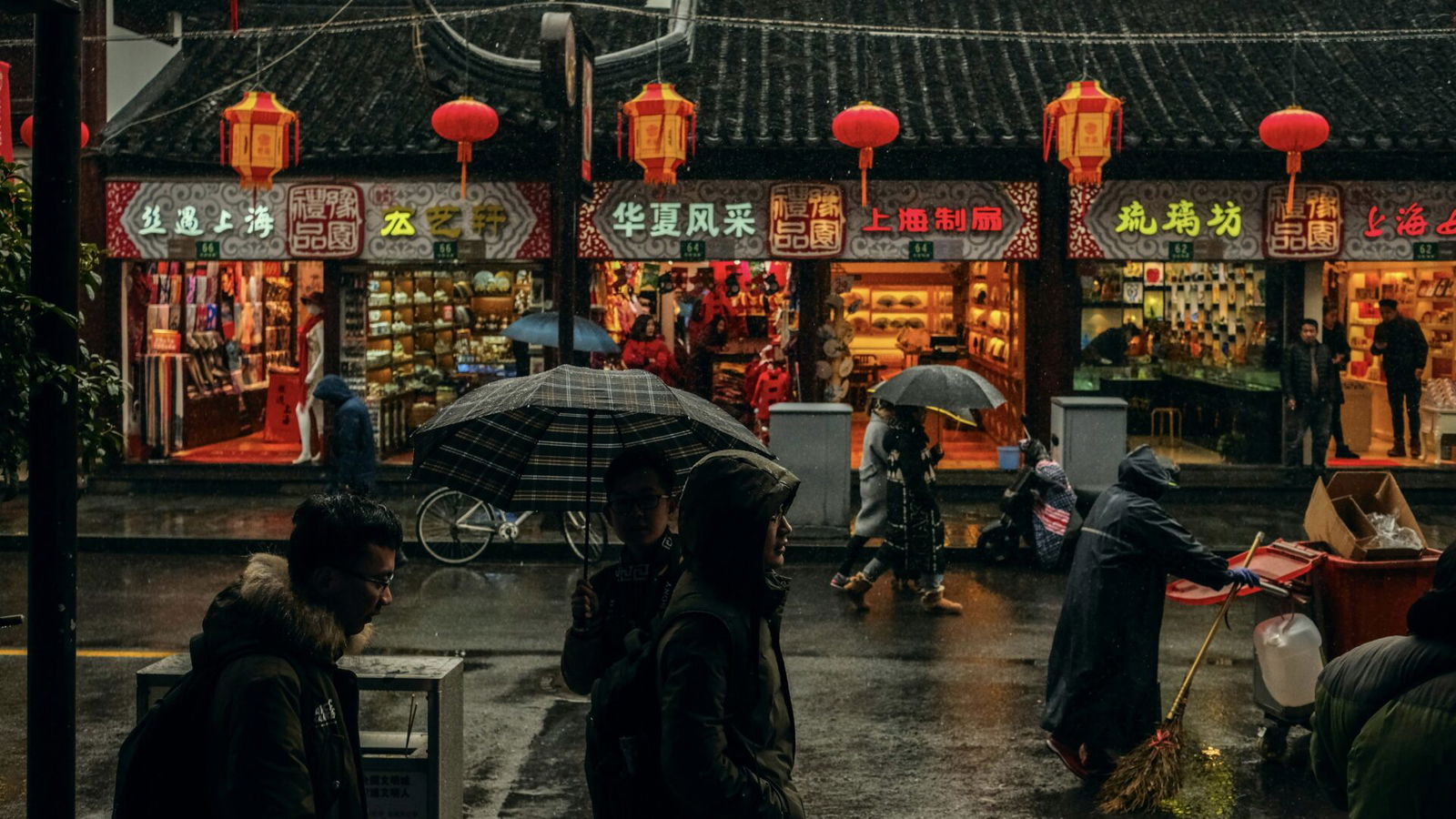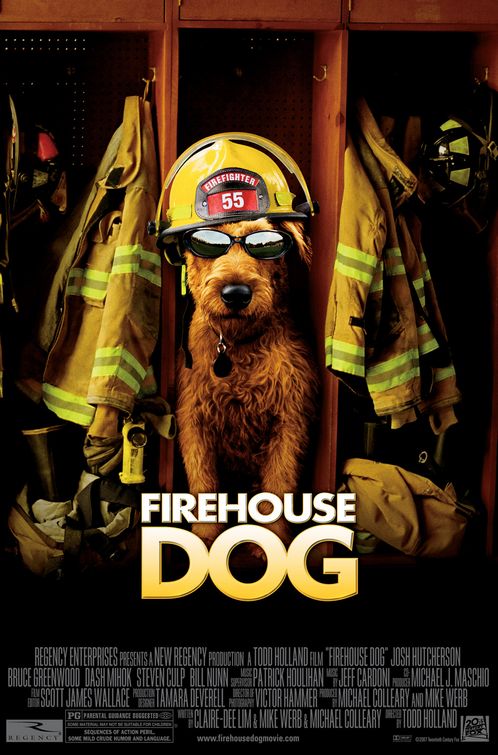
New Archive Preserves Banned Chinese Independent Movies
By Movieguide® Contributor
A new archive is preserving Chinese independent movies and interviews from filmmakers that were banned following the 2012 election of Xi Jinping.
China used to boast a number of film festivals in cities like Beijing, Nanjing and Yunnan. However, after Xi took office, the festivals were forced to shut down.
Today, Sabrina Qiong Yu, a film and Chinese studies professor at Newcastle University, is saving material that would otherwise have been lost in “an archive containing nearly 800 indie films and oral interviews with more than 100 film-makers,” according to The Guardian.
“The archive provides invaluable primary sources for teaching and researching contemporary China and opens a window onto China’s culture, society and politics for academic communities and the general public alike,” per the Chinese Independent Film Archive’s website. “Through the curation of screenings, exhibitions and symposia, academic publications, creative productions and educational activities, CIFA aims to build bridges between academia, industry and the public, ensure the legacy of Chinese independent cinema, and contribute to its future development.”
Yu won a £1m grant from the Arts and Humanities Research Council to create the archive. The center opened in September of last year, with 50 filmmakers, archivists and curators from around the world participating in its launch. However, publicity was “minimal” to avoid unwanted attention from the Chinese authorities.
“It is a pity because as an archive we do want to encourage people’s use of it and the launch is the best time to do it,” Yu said.
While some of the movies featured in the archives are political, Yu explained that many are simply projects that portray “reality through [a filmmaker’s] own independent lens.”
“Nevertheless, the Chinese Communist party views any kinds of narrative expression with suspicion,” The Guardian wrote. “The government is intolerant of any groups — whether it is feminists, students, religious followers or film-makers — who organize themselves outside the auspices of the party.”
The Financial Times reported on how some Chinese filmmakers are working around the country’s censorship laws, including showing short films “to small groups in bars or private homes,” as opposed to commercial theaters.
“The Film Industry Promotion Law also bars directors from showing films at domestic or international film festivals without government approval,” they wrote. “Some have found a way around this by choosing to work with foreign film companies.”
“More and more people are [classifying their movies “Chinese-language movies] right now,” Annie Song, a producer and manager of Jungle Vision, an indie theater, explained. “They shoot in China but claim that they got investment from other countries and they put their production company as a foreign country instead of China.”
Movieguide® previously reported on China’s movie censorship laws:
China’s movie censorship of movies will extend beyond the mainland and now apply to movies distributed in Hong Kong as well, according to a recent announcement.
The orders from Beijing mark a turning point in Hong Kong’s previous freedom from China’s mainland censorship laws.
The New York Times reported: “The new guidelines, which apply to both domestically produced and foreign films, come as a sharp slap to the artistic spirit of Hong Kong, where government-protected freedoms of expression and an irreverent local culture had imbued the city with a cultural vibrancy that set it apart from mainland megacities.”
The added pressure of censorship from the Chinese Communist Party (CCP) on foreign and domestic movies solidifies their control over a large portion of the global box office.



 - Content:
- Content: 

